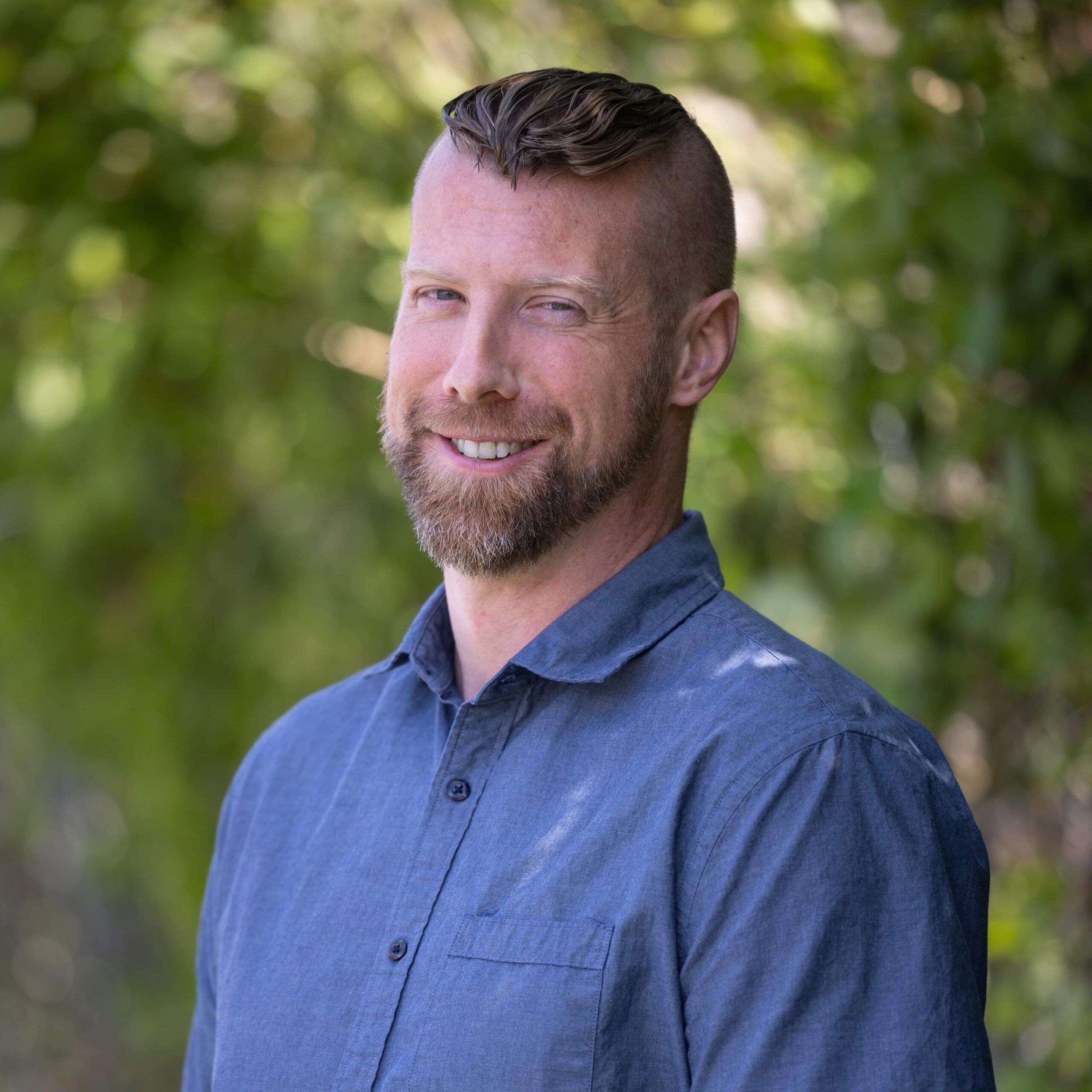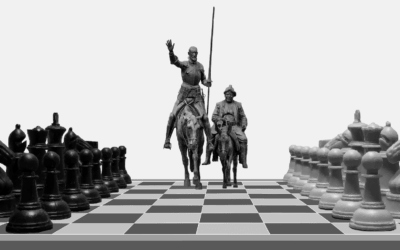EPISODE 126
The inner game of thriving

In this episode, Mike sits down for a discussion with Ross Hick. In addition to his career supervising violent felons as a Probation Surveillance Officer, Ross works as a trainer with Citizens Defense Research. One of his specialties is the psychology of critical incidents. There’s a lot of material out there on preparing for the fight, but Ross and Mike go on a deep dive about preparing for the aftermath.
Tactical skills and physical fitness can help survive the fight, but what about emotional fitness after the fight is over? In addition to common symptoms like sleep disruption and reliving the incident, high responders may find themselves in the uncomfortable position of feeling isolated and out of control afterward. In this episode Ross & Mike talk about therapy resources, the importance of finding meaning outside the job, and preventative care ahead of time for mental resilience in the wake of a critical incident.
Links:
Citizen Defense Research
Sources of Power By Gary Klein
The Inner Game of Tennis by W. Timothy Gallwey
Like what we’re doing? Head over to Patreon and give us a buck for each new episode. You can also make a one-time contribution at GoFundMe.
Intro music credit Bensound.com
CLICK BELOW TO SUBSCRIBE NOW ON YOUR FAVORITE PLAYER
THANK YOU TO OUR SPONSORS! PLEASE GO CHECK THEM OUT
Recent Episodes
It’s Chess AND Checkers–Tactics and Strategy Unite!
Why do we focus so much on tactics and so little on strategy? In this episode, Mike and Jim tackle the divide between street-level action and big-picture thinking. Drawing on lessons from policing, the military, and community crime prevention, they explore how individual cops, community members, and leaders can influence criminal decision-making—not just react to it.
Topics include resource constraints, the Broken Windows theory, and strategies for shifting offender perceptions to prevent crime before it occurs.
Hazing vs. Hardening: Building Strong Teams Without Breaking People
Hazing, or just holding the new guy to a high standard? That line matters—and we’re walking it in this episode. Mike and Jim break down where real team-building ends and toxic tradition begins. We’re talking SWAT school, academy culture, leadership, and how to onboard new teammates without wrecking morale. This one’s about building teams that are tough, smart, and built to last.













